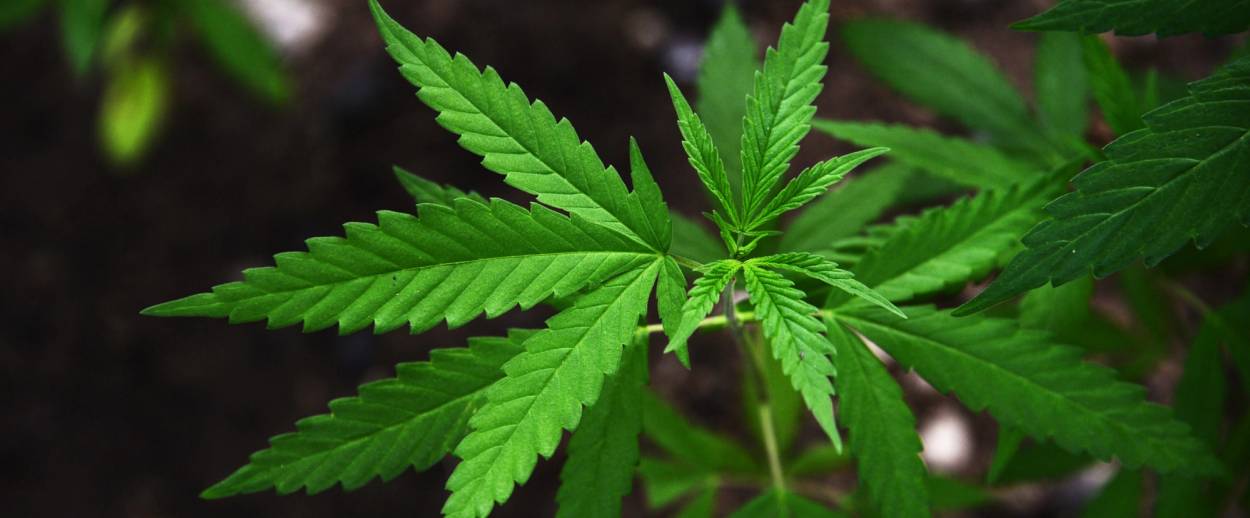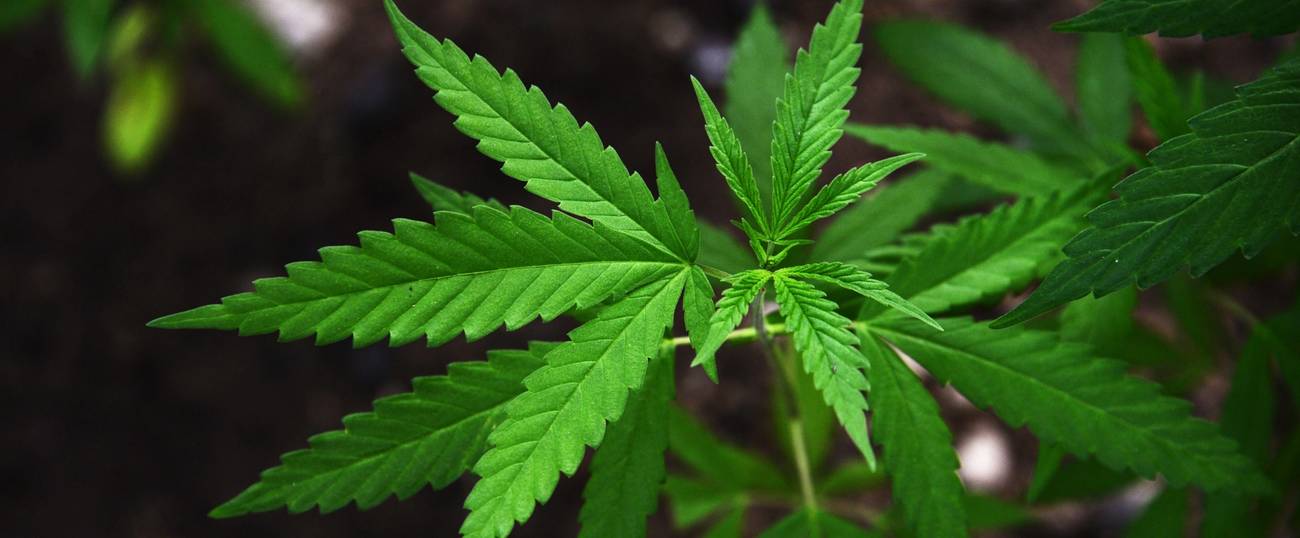Israeli Scientists: Cannibus Compound Heals and Strengthens Rat Bones
The power of pot can reportedly mend rodent femurs, but what about the humans?




A group of Israeli scientists have reason to believe that a chemical compound found in marijuana has the power to expedite the healing of broken bones. According to their study cannabinoid cannabidiol (CBD) stimulated the healing process of broken rat femurs. In fact, when treated with the CBD compound, the broken rat femurs not only healed in less time than the femurs of the rats used as controls in the experiment, but they also were discovered to be stronger and less likely to sustain future fractures. The researchers from Tel Aviv University and Hebrew University of Jerusalem published their findings in the Journal of Bone and Mineral Research last week.
The reason CBD has this bone-healing power is because the compound helps the bones to mineralize sooner, Haaretz reported. One of the scientists conducting the study, Dr. Yankel Gabel, said that the bones grew stronger because the compound enhances “the maturation of the collagenous matrix,” in the bone, “which provides the basis for new mineralization of bone tissue.”
It should be noted that CBD has nothing to do with the psychoactive effects that smoking cannabis produces. The feeling of being “high” is caused by another compound found in cannabis, namely THC. Thus, Gabet told The Times of Israel that there is far more to the effects of marijuana than its intoxicating properties. “While there is still a lot of work to be done to develop appropriate therapies, it is clear that it is possible to detach a clinical therapy objective from the psychoactivity of cannabis,” he said. “CBD, the principal agent in our study, is primarily anti-inflammatory and has no psychoactivity.”
He also pointed out that discoveries from other studies have shown CBD to be completely safe to use.
Although the bone-healing effects of CBD are yet to be seen in human subjects, Gabet said that the effects on rats are encouraging enough to “continue this line of study in clinical trials to assess its usefulness in improving human fracture healing.”
Previous: Wake and Bake With Us
Related: Can Ecstacy, Primarily Known as a Club Drug, Help People Suffering From Trauma?
D.C.’s Marijuana Reform Rabbi
Jas Chana is a former intern at Tablet.